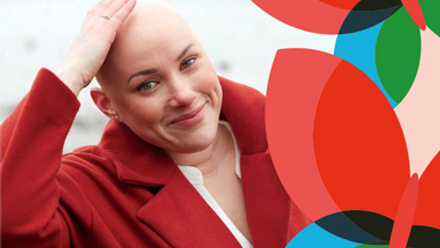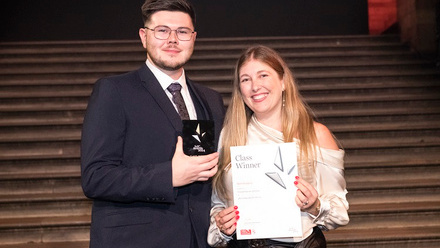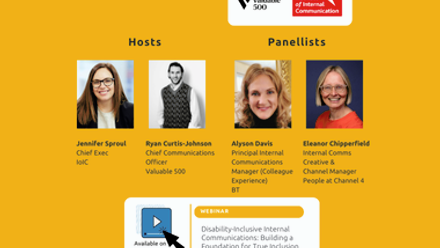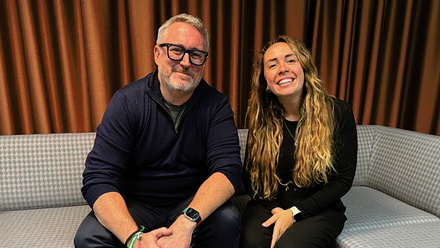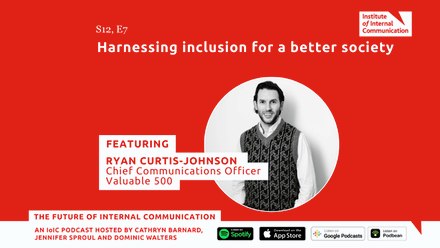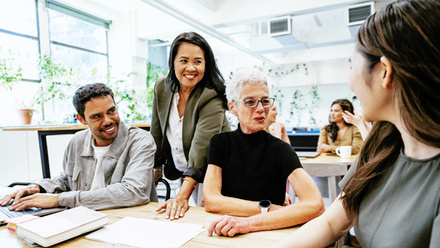
Bodyform brings its #wombstories campaign to life in a series of raw and unfiltered vignettes. It's a powerful testament to authenticity and a world away from the blue liquid beaker tests and white trouser sashaying we're used to from period product advertising.
Rather than trying to sanitise the experience of female biology with chipper optimism, encouraging you to go rollerblading while your insides feel like they're being pulled through a meat grinder, it simply says 'we hear you'.
And we feel heard. Overwhelmingly, the responses to the advert are ones of relief; at having the complexities of the female body both recognised and portrayed, at not being served another message with an undertone that patronises 'just get on with it'.
And this vindication could translate into a shift in brand loyalty, with many commenters vowing to only buy Bodyform going forward. For a product which, if introduced to a consumer at the start of their 40-year purchase journey, can garner lifelong affinity through recognition and familiarity, this is a big statement.
The campaign, which throws rival brand Always' slogan 'have a happy period, Always' into the realm of woefully out of touch, works because it's honest.
Where Always, with its YouTube hub BeingGirl, provides educational videos mostly aimed at teenagers, Bodyform is very much talking to women. Women who have felt ignored, shut down and minimised. #Wombstories is the recognition that periods don't just happen to teenagers, and they also aren't the only thing women have to deal with. It's a bold and inclusive campaign and the fact that it stands out as SO very different, shows up the bland and dumbed down messaging that preceded it.
As communicators, we talk a lot about authenticity and about telling stories. The kind of stop-you-in your-tracks stories that provoke thought, encourage discussion and inspire action.
What else are we avoiding? Where else do we draw a polite euphemistic veil over a situation and pretend humanity happens in a blue beaker and white Daisy Dukes? What else are we seeing, and not saying? It's time to bring more of these topics, unflinchingly, into focus.
Particularly now, as activism brings diversity and inclusion to the forefront of the agenda, the need for real voices and honest portrayals of lived experiences has never been more important.


